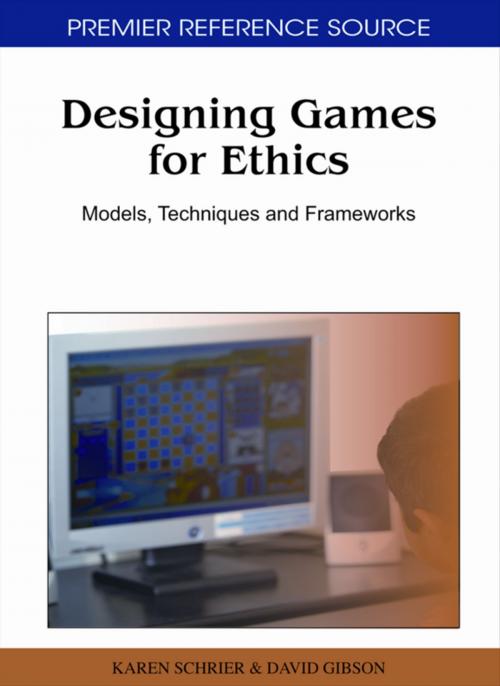Designing Games for Ethics
Models, Techniques and Frameworks
Nonfiction, Computers, Application Software, Business Software, Entertainment, Games, General Computing| Author: | ISBN: | 9781466607224 | |
| Publisher: | IGI Global | Publication: | December 31, 2010 |
| Imprint: | Information Science Reference | Language: | English |
| Author: | |
| ISBN: | 9781466607224 |
| Publisher: | IGI Global |
| Publication: | December 31, 2010 |
| Imprint: | Information Science Reference |
| Language: | English |
As games become increasingly embedded into everyday life, understanding the ethics of their creation and use, as well as their potential for practicing ethical thinking, becomes more relevant. Designing Games for Ethics: Models, Techniques and Frameworks brings together the diverse and growing community of voices and begin to define the field, identify its primary challenges and questions, and establish the current state of the discipline. Such a rigorous, collaborative, and holistic foundation for the study of ethics and games is necessary to appropriately inform future games, policies, standards, and curricula.
As games become increasingly embedded into everyday life, understanding the ethics of their creation and use, as well as their potential for practicing ethical thinking, becomes more relevant. Designing Games for Ethics: Models, Techniques and Frameworks brings together the diverse and growing community of voices and begin to define the field, identify its primary challenges and questions, and establish the current state of the discipline. Such a rigorous, collaborative, and holistic foundation for the study of ethics and games is necessary to appropriately inform future games, policies, standards, and curricula.















